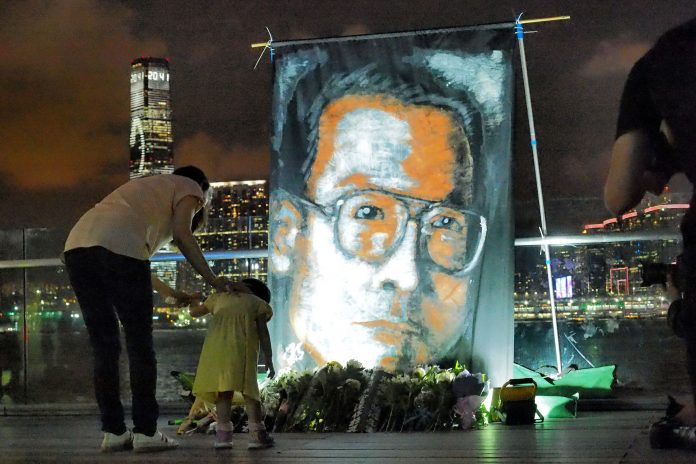The 36th round of the EU-China Human Rights Dialogue was held in Beijing on 9-10 July 2018. The two-day programme allowed for candid discussions on a wide range of human rights related issues in China, and the possibility of future cooperation on issues related to business and human rights, disability rights and the status of women.
The Chinese authorities have delivered positive results in a number of areas, including poverty alleviation, job creation and reforms to the social safety net. The exchanges on recent developments in the European Union focused on migration issues and the protection of fundamental rights, in particular the protection of the rights of migrants and asylum seekers.
The EU, while fully acknowledging China’s progress on economic and social rights emphasised the universality, indivisibility and interdependence of human rights and the need to give equal weight to political and civil rights. The EU recalled that China, twenty years after having signed the International Covenant on Civil and Political Rights, has still not ratified it.
The European Union emphasised the deteriorating situation of civil and political rights in China, which has been accompanied by the detention and conviction of a significant number of Chinese human rights defenders. This year’s Human Rights Dialogue was held on the third anniversary of the arrest and detention of more than 300 human rights lawyers and defenders beginning on 9 July 2015.
The EU once more raised the case of Liu Xia, widow of 2010 Nobel Peace Prize Laureate Liu Xiaobo. That Ms Liu has in the meantime been allowed to travel abroad is a long sought after positive development.
The EU also raised other individual cases including Gui Minhai and Wang Quanzhang, who has been detained without having been charged for more than three years and denied contacts with his family and lawyer. The EU also asked for the release of the following individuals:
Human rights defenders Yu Wensheng, Wu Gan, Jiang Tianyong, Zhou Shifeng, Xia Lin and Gao Zhisheng.
Uighurs detained in violation of their fundamental human rights, including Ilham Tohti, Eli Mamut, Hailaite Niyazi, Memetjan Abdulla, Abduhelil Zunun and Abdukerim Abduweli.
Individuals imprisoned in connection with their exercise of the universally recognised right to freedom of peaceful assembly and association, including Guo Feixiong, Tang Jingling, and Huang Qi.
Individuals persecuted for their religious beliefs, including Zhang Shaojie, Hu Shigen, Li Yaping, and Sun Qian.
Individuals imprisoned in connection with their exercise of the universally recognised right to freedom of expression, including Su Changlan, Zhen Jianghua, Lu Gengsong, Zhang Haitao, Lu Yuyu, Huang Zerong, and Lee Ming Che.
Tibetan activists, writers and religious figures who face criminal charges or have been imprisoned for exercising their right to freedom of expression, including Tashi Wangchuk, and Tashi Dorje.
The EU also stated its expectation that all detained individuals be allowed to be represented by a lawyer of their choosing, be given the possibility of meeting their family members, have access to appropriate medical assistance when required, and have allegations of their torture and mistreatment promptly investigated
Participants also discussed the promotion of freedom of religion and belief, and the rights of persons belonging to minorities, especially Tibetans and Uighurs. The system of political re-education camps which has been established in Xinjiang is of particular concern.
Other issues raised include the death penalty, systemic problems in the criminal justice system, including cases of arbitrary detention, restrictions on freedom of expression and association, and as well as the implementation of China’s Foreign NGO Activity Management Law.
The promotion of human rights in international fora and the need to implement recommendations from international human rights bodies were also discussed, also in view of China’s upcoming Universal Periodic Review in November 2018.
The EU was represented by Ms Paola Pampaloni, Deputy Managing Director for Asia and the Pacific in the European External Action Service. China was represented by Mr Li Junhua, Director General for International Organisations and Conferences, Ministry of Foreign Affairs of the People’s Republic of China and Ms Liu Hua, Special Representative for Human Rights and Deputy Director General for International Organisations and Conferences, Ministry of Foreign Affairs of the People’s Republic of China. Ms Paola Pampaloni also met with Assistant Minister Zhang Jun at the Ministry of Foreign Affairs of the People’s Republic of China to discuss the outcomes of the Dialogue.

